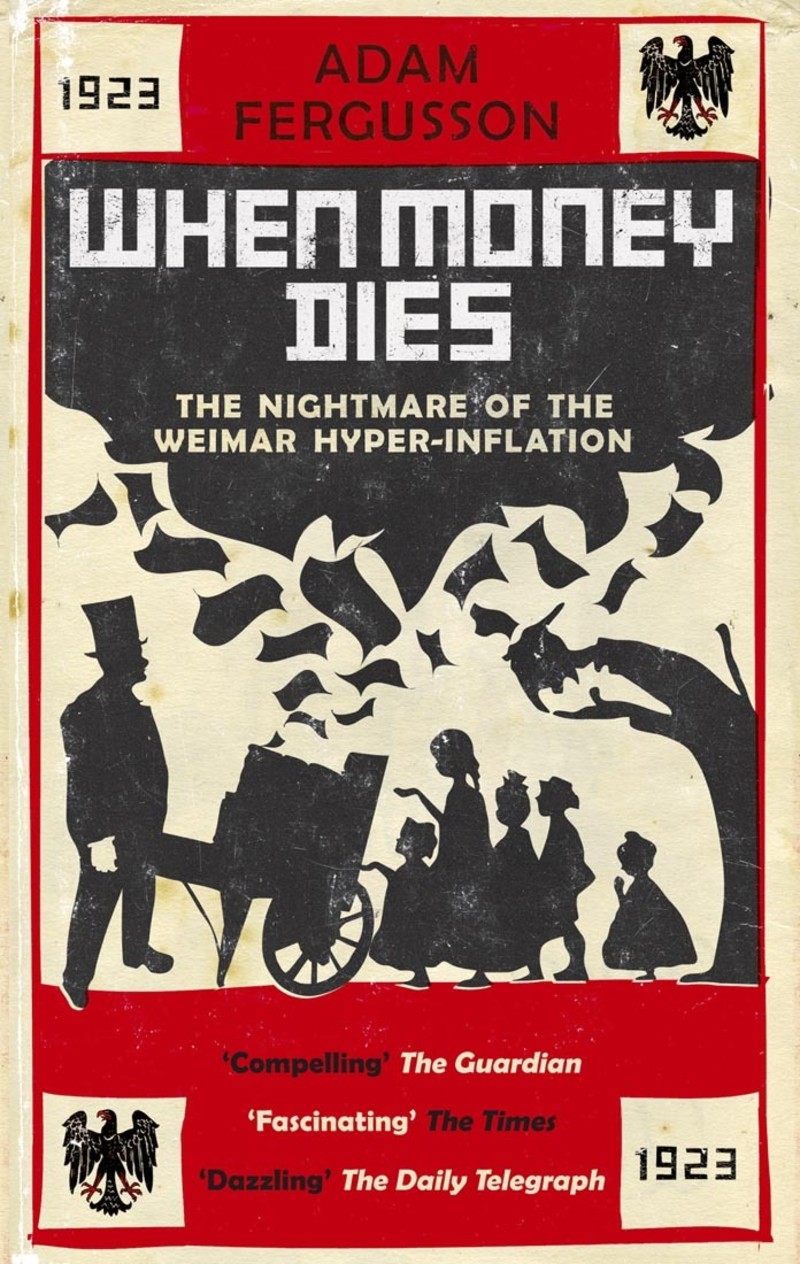

Jim: One aspect about inflation that is not clearly understood is that it isn’t so much that the value of the goods you’re buying that are going up, costing you more, or becoming more expensive, it’s the fact that the money you own is depreciating in value. That was what was happening in 1975 in Britain and indeed across the rest of the world because we had the first oil shock then and so I went back to Weimar Germany-Germany of the early 1920’s-to find out how people behaved then. How people behave when the measure of all value starts to disappear. It has interested economists ever since Adam Smith. And what happens when people lose this trust is extremely interesting. They worried about whether they should get rid of their money. And what fascinated me then was not only my own worries of what was happening to my savings but how people behaved when they found that their money was losing its value so fast and what they then did. At that time, certainly in Britain, inflation had risen to above 20%. Fergusson, you have worked as a journalist and even served in Parliament-what provoked you to write When Money Dies, which was originally published in 1975? Was it the inflationary experience we were undergoing at the time?Īdam Fergusson: Yes, it certainly was. Jim Puplava: Joining me on the program as my special guest is Adam Fergusson, author of the classic book, “When Money Dies: The Nightmare of Deficit Spending, Devaluation, and Hyperinflation in Weimar Germany”.

Here we present a partial transcript of our interview with the book’s esteemed author, Adam Fergusson, airing for subscribers Thursday, May 30 th.

Quoted by central bankers, economists, and even recommended by Warren Buffett, the classic book, “ When Money Dies”, is a brilliant and cautionary account of what happens to society when people lose trust in money as occurred during the 1920's in Weimar Germany.


 0 kommentar(er)
0 kommentar(er)
